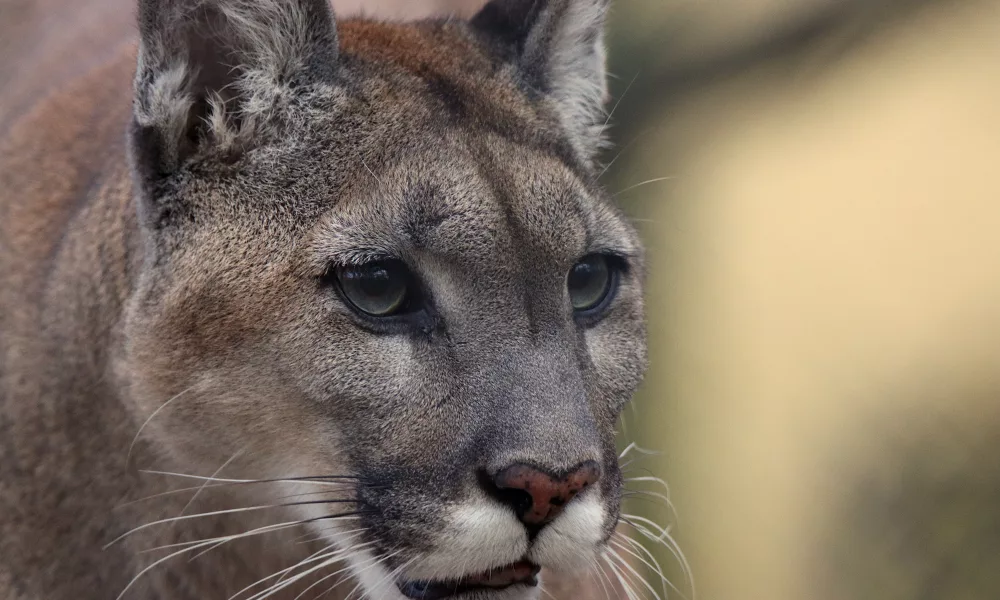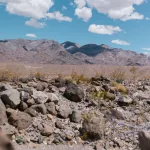The Top 4 Predators in Joshua Tree National Park
Joshua Tree National Park is home to a variety of predators, including coyotes, black bears, bobcats, and mountain lions. These predators play an important role in the ecosystem by keeping populations of prey animals in check.
Coyotes
Coyotes are medium-sized, dog-like mammals that are found in North and South America. They are an essential part of the ecosystem in Joshua Tree National Park, where they help to keep populations of prey animals in check. Coyotes are typically active at night and are known for their yipping calls. They are omnivores, and their diet consists of a variety of animals, including rabbits, rodents, birds, and insects. Coyotes are also known to scavenge for food. They are generally shy around humans, but they may become more aggressive if they feel threatened.
Bobcats
Bobcats are medium-sized, solitary cats that are found in North America. Bobcats are typically active at night and are known for their distinctive meows. They are carnivores, and their diet consists of a variety of animals, including rabbits, rodents, birds, and reptiles. Bobcats are generally shy around humans, but they may become more aggressive if they feel threatened.
Here are some more exciting facts about bobcats:
- Bobcats are the most common wild cat in North America.
- Bobcats have a long tail that helps them to balance when they are climbing trees.
- Bobcats are excellent swimmers.
- Bobcats are solitary animals and only come together to mate.
- Bobcats give birth to litters of 1-4 kittens.
- Bobcats are an essential part of the ecosystem and help to keep populations of prey animals in check.
Mountain Lions
Mountain lions, also known as cougars or pumas, are large cats that are found in North and South America. Mountain lions are typically active at night and are known for their distinctive roars. They are carnivores and their diet consists of a variety of animals, including deer, elk, bighorn sheep, and coyotes. Mountain lions are generally shy around humans, but they may become more aggressive if they feel threatened. If you see a mountain lion in Joshua Tree National Park, it is best to keep your distance and do not feed them.
Here are some more interesting facts about mountain lions:
- Mountain lions are the largest cats in North America.
- Mountain lions can run up to 50 mph.
- Mountain lions can jump up to 20 feet.
- Mountain lions have a lifespan of up to 20 years.
- Mountain lions are a vital part of the ecosystem and help to keep populations of prey animals in check.
It is important to remember that mountain lions are wild animals and should be respected. If you see a mountain lion in Joshua Tree National Park, do not approach it. Make yourself look as big as possible and make noise to scare it away. If the mountain lion does not leave, slowly back away and do not turn your back on it.
Black Bears
There are no year-round black bears in Joshua Tree National Park, but they do occasionally wander into the park from the surrounding mountains. Black bears are omnivores and their diet consists of a variety of plants and animals, including berries, nuts, insects, and small mammals. They are generally shy around humans, but they may become more aggressive if they feel threatened.
Here are some more interesting facts about black bears:
- Black bears are the most common bear species in North America.
- Black bears can weigh up to 600 pounds.
- Black bears can run up to 30 mph.
- Black bears have a lifespan of up to 30 years.
- Black bears are an important part of the ecosystem and help to keep populations of plants and animals in check.
It is important to remember that black bears are wild animals and should be respected. If you see a black bear in Joshua Tree National Park, do not approach it. Make yourself look as big as possible and make noise to scare it off. If the black bear does not leave, slowly back away and do not turn your back on it. The best way to avoid an encounter with a black bear is to make noise while hiking so that the bear knows you are there.



